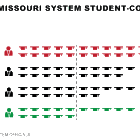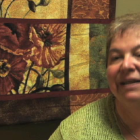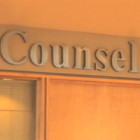News Story
Demand still up for campus mental health services
|
In the wake of Sandy Hook and other school shootings of recent years, gun control advocates – and some politicians, including President Obama – have renewed a push for changes to existing gun laws.
Yet others say that mental health services, rather than gun reform, should be the focus






